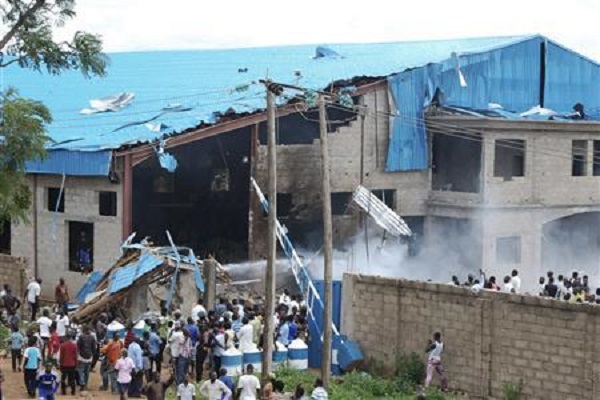Attacks on Christians by Muslims in Nigeria are a daily reality, says bishop
The attacks of Muslims against Christians in Nigeria is a daily reality, according to Bishop Matthew Kukah who serves in the diocese of Sokoto.

The persecution is so commonplace that in their church, which is located in northern Nigeria, ministry not only focuses on the usual pastoral activities but also on addressing attacks of Muslims and helping their victims deal with violence.
Christians in the region have reportedly become "target practice" for Muslim extremists.
"You live in a state that is less than you expect as a citizen. You don't know what to expect tomorrow," the bishop told Catholic News Agency.
Bishop Kukah said that many times, the attacks have nothing to do with Christians and are not provoked by Christians. The attacks are stirred up when the Muslims are dissatisfied with what's going on in the country, such as in times of financial crises or during events that they deem unfair. They appeared to be venting out their anger on Christians.
Aside from violence from the local Muslims, Christians in Nigeria also suffer persecution from Boko Haram, a terrorist group listed by the Global Terrorism index last year as the "world's deadliest terrorist organization."
The government does not seem to be of much help to the minority Christian community, whether in their protection or in their rebuilding efforts, Bishop Kukah stated. As church properties including schools are destroyed by bombs, the church does not receive financial support to help them build new facilities.
The bishop emphasized that help from the international community is important. He urged the U.S. government to "take full responsibility for how it shapes leadership around the world," adding that international issues affect Nigeria and leave the country to suffer as "collateral damage."
However, Bishop Kukah said real change in Nigeria must happen internally. He suggested having open discussions with the government.
"The primary responsibility of rebuilding our country rests with us," he said.





